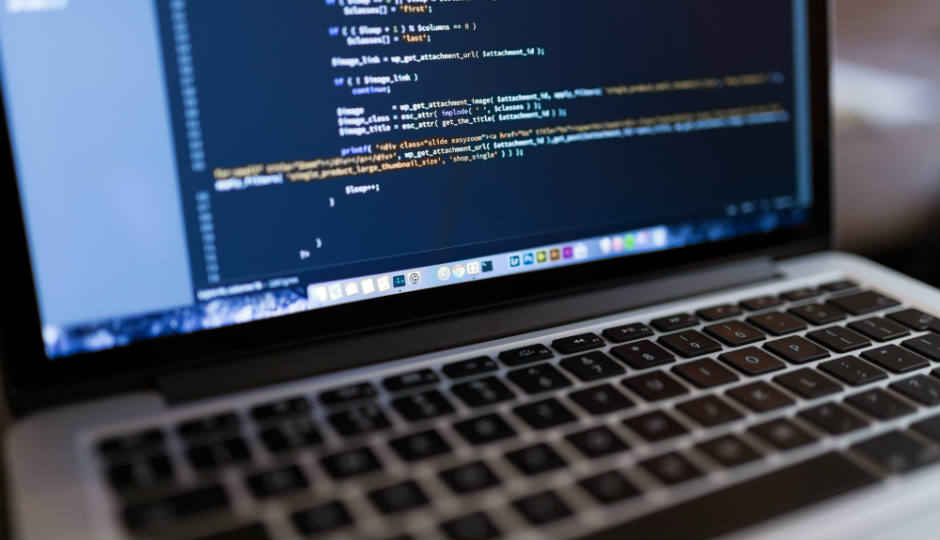MHA orders to put all computers under government watch
 Highlights: Ministry of Home Affairs has ordered 10 central agencies to monitor, intercept and decrypt information generated, transmitted or stored in any computer MHA gave the under Section 69(1) of the Information Technology Act, 2000. An order issued by Ministry of Home Affairs has authorised 10 central government agencies to monitor, intercept and decrypt “any information generation, transmitted, received or stored in any computer.” The central agencies ordered to monitor computer data include the Intelligence Bureau, Narcotics Control Bureau, Enforcement Directorate, Central Board of Direct Taxes, Directorate of Revenue Intelligence, Central Bureau of Investigation, National Investigation Agency, R&AW, Directorate of Signal Intelligence (in J&K, North-East, Assam) and Commissioner of Police, Delhi. The order has authorised the central agencies to direct all subscriber and service provider or any person in charge of computer resource to extend all facilities and technical assistance to monitor, intercept and decrypt computer data. Failing to do so will lead to seven years of imprisonment and fine. The Ministry of Home Affairs has invoked Section 69(1) of the Information Technology Act, 2000 to give the order. The section states that the Central government can ask any agency to collect personal data from computers after it is sufficiently satisfied that it is necessary to do so in the “interest of the sovereignty or integrity of India, defence of India, security of the state, friendly relations with foreign states or public order or for preventing incitement to the commission of any cognisable offence relating to above or for investigation of any offence.” The order, which sounds like something out of an Orwellian dystopia, could mean a breach of personal privacy. With the proposed data protection bill still under debate, which says that all and any data collection will require individual consent, the MHA order seems counterproductive. Unless explicit consent is given, personal data cannot be shared or processed. We are awaiting more details on the order and how the government hopes to execute such a mammoth task. Related Links: Here's how India's Personal Data Protection Bill 2018 will affect you
Highlights: Ministry of Home Affairs has ordered 10 central agencies to monitor, intercept and decrypt information generated, transmitted or stored in any computer MHA gave the under Section 69(1) of the Information Technology Act, 2000. An order issued by Ministry of Home Affairs has authorised 10 central government agencies to monitor, intercept and decrypt “any information generation, transmitted, received or stored in any computer.” The central agencies ordered to monitor computer data include the Intelligence Bureau, Narcotics Control Bureau, Enforcement Directorate, Central Board of Direct Taxes, Directorate of Revenue Intelligence, Central Bureau of Investigation, National Investigation Agency, R&AW, Directorate of Signal Intelligence (in J&K, North-East, Assam) and Commissioner of Police, Delhi. The order has authorised the central agencies to direct all subscriber and service provider or any person in charge of computer resource to extend all facilities and technical assistance to monitor, intercept and decrypt computer data. Failing to do so will lead to seven years of imprisonment and fine. The Ministry of Home Affairs has invoked Section 69(1) of the Information Technology Act, 2000 to give the order. The section states that the Central government can ask any agency to collect personal data from computers after it is sufficiently satisfied that it is necessary to do so in the “interest of the sovereignty or integrity of India, defence of India, security of the state, friendly relations with foreign states or public order or for preventing incitement to the commission of any cognisable offence relating to above or for investigation of any offence.” The order, which sounds like something out of an Orwellian dystopia, could mean a breach of personal privacy. With the proposed data protection bill still under debate, which says that all and any data collection will require individual consent, the MHA order seems counterproductive. Unless explicit consent is given, personal data cannot be shared or processed. We are awaiting more details on the order and how the government hopes to execute such a mammoth task. Related Links: Here's how India's Personal Data Protection Bill 2018 will affect youfrom Latest Technology News http://bit.ly/2Byh9K5




Post Comment
No comments
Post a Comment